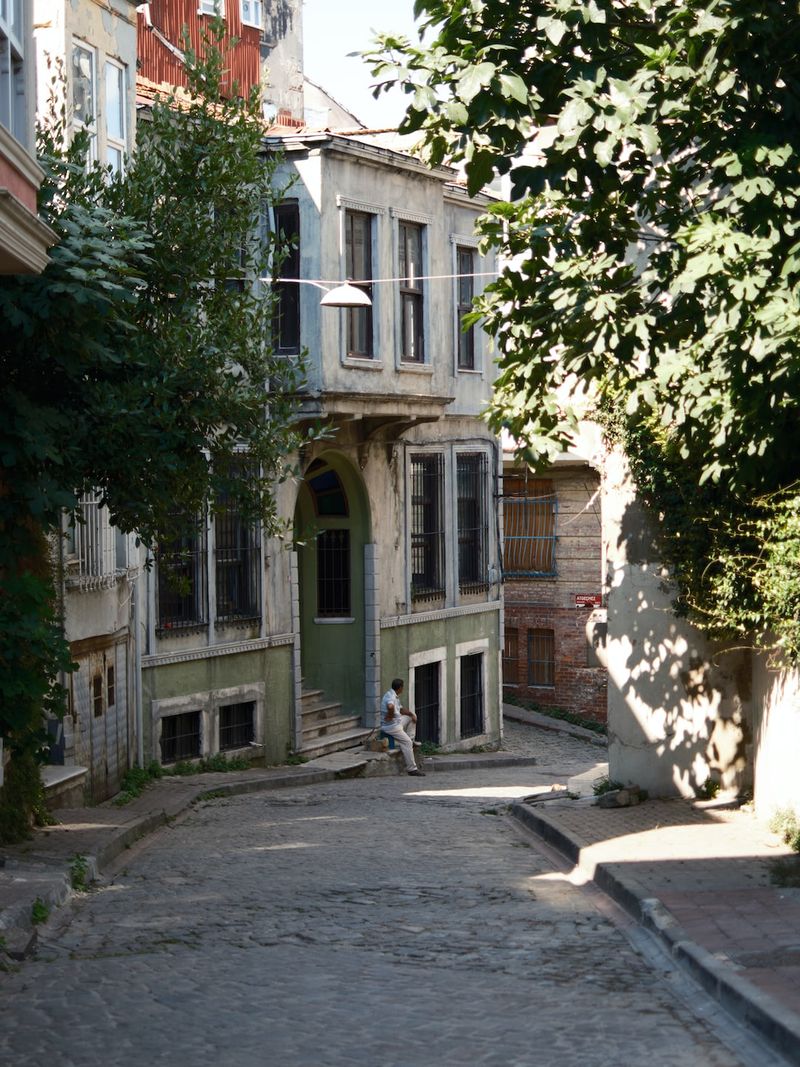A Postcard Home: Letters from Spain‘s Franco Victims
Thousands of lives lost
Between 1939 and 1944, thousands of individuals were imprisoned and shot by the Franco dictatorship in Spain. These victims, known as represaliados or victims of reprisals, bravely fought against Franco‘s regime during the Spanish Civil War and paid the ultimate price for their resistance. The stories of their lives, and the letters they wrote to their loved ones, serve as a powerful memorial to their bravery and the strength of love in the face of adversity.
A book of remembrance
The recently published book, “Las cartas de la memoria” (The Memory Letters), is a collection of the final letters written by these victims before their untimely deaths. Compiled over a span of 20 years by the Memoria y Libertad association, the book not only serves as a tribute to the victims but also offers their families the opportunity to write back and share their memories, news, and love.
Unearthing forgotten stories
The project to collect these letters began when Tomás Montero Aparicio, the editor of the book, started investigating the death of his own grandfather, who was shot by Franco‘s forces in 1939. In 2005, Montero created an online list of all those who were executed in the capital, encouraging their descendants to share any information they had. This act of remembrance grew into a collaborative effort, with families sharing documents and discussing how to utilize archived materials.
Responding to the past
Inspired by a book called “Dear Eugenio” by Juana Doña, where Doña answered the last letters she received from her late husband, the project also includes response letters from the families of the victims. These letters not only provide an emotional outlet for the families but also humanize the victims, countering the Francoist narrative that painted them as monstrous threats to Spain.
A testament to love and resilience
What strikes the reader most about these letters is the absence of hatred, rancor, or revenge. Instead, they are filled with longing and a profound desire to have known their lost loved ones. The families’ heartfelt responses demonstrate their continued love and resilience even in the face of unimaginable loss and suffering.
The Legacy of Franco‘s Victims
A corrective to historical distortions
One of the main aims of “Las cartas de la memoria” is to dispel the Francoist myth that the victims were devils or enemies of the state. Instead, the letters offer a poignant counterpoint, revealing the humanity and love that was extinguished by Franco‘s regime. By sharing these stories, the book paints a truer picture of the victims‘ lives and the injustices they faced.
A cautionary tale for the present
While the book serves as a memorial to the victims of the past, it also serves as a warning about the dangers of intolerance and ideological discrimination that still persist today. The enduring message is clear: we must learn from history and strive for a society that embraces diversity and respects human rights.
An opportunity for healing and connection
For the families of the victims, “Las cartas de la memoria” provides a chance to finally speak about the pain they have carried for so long. It allows them to share their own memories, pay tribute to their lost loved ones, and find solace in the knowledge that their stories will not be forgotten.
Advice for the Present and the Future
Remembering the past
It is essential that we continue to remember the victims of Franco‘s regime and honor their memory. By learning about the past and acknowledging the atrocities committed, we can work towards building a more inclusive and just society.
Fighting injustice
The stories of the victims in “Las cartas de la memoria” serve as a reminder of the importance of standing up against injustice. We must be vigilant and actively challenge any form of discrimination or oppression, ensuring that the mistakes of the past are not repeated.
Embracing love and compassion
The overwhelming theme of love and compassion in these letters reminds us of the power of human connection. We should strive to foster empathy and understanding in our own lives, supporting and uplifting one another in times of struggle.
Preserving historical memory
Efforts to collect and preserve historical documents, such as the letters in “Las cartas de la memoria,” are vital for future generations. By documenting and sharing these stories, we ensure that the lessons of the past are passed on and that the victims‘ voices are heard.

<< photo by Joshua Kettle >>
The image is for illustrative purposes only and does not depict the actual situation.
You might want to read !
- Battle Down Under: A Live Report from the Australia vs Sri Lanka Cricket Match in Lucknow
- Poland’s Political Landscape Shifts as Former Prime Minister Donald Tusk Sets Sights on Reclaiming Leadership
- Beta Film Secures Global Distribution Rights for Greek Drama “The Abyss”
- Title: “Showdown at the Port: Porto vs Barcelona – Where to Watch, Kick-Off Time, and Live Stream Channels”
- Editorial Exploration: The article will investigate the broadcasting details of the South Africa vs Ireland match, including the TV channel, start time, and viewing options for the audience.
Title: Broadcasting Breakdown: TV Channel, Start Time, and How to Watch South Africa vs Ireland Match
- Tragic Accident Unleashes Chaos on the M62: A Glimpse into the State of Road Safety
- Poland’s Opposition Leader Donald Tusk Triumphs in Election Showdown
- Polish Election: Right-Wing’s Majority in Jeopardy – Exit Poll Signals Significant Shift
- Poland’s Ruling Party Faces Potential Loss of Majority in Parliamentary Elections – Exit Poll Results
- Investigating the Bullying Allegations: Tory MP Peter Bone on the Brink of Suspension
- The Multiverse of Rick and Morty: Exploring the Magic of Season 7, Episode 1
- Andrew Flintoff Settles £9m Compensation Claim with BBC: Examining the Impact of His Departure




